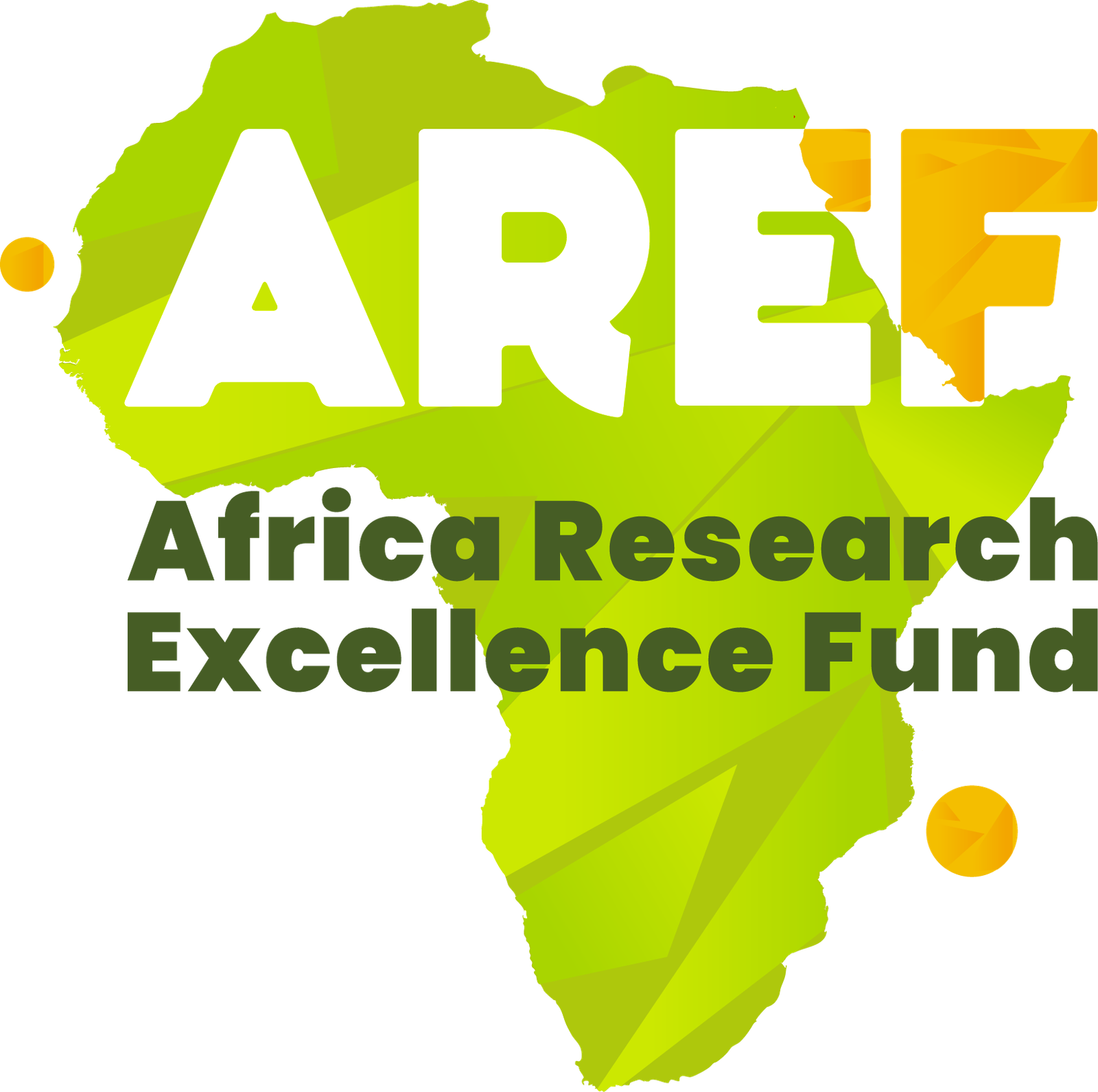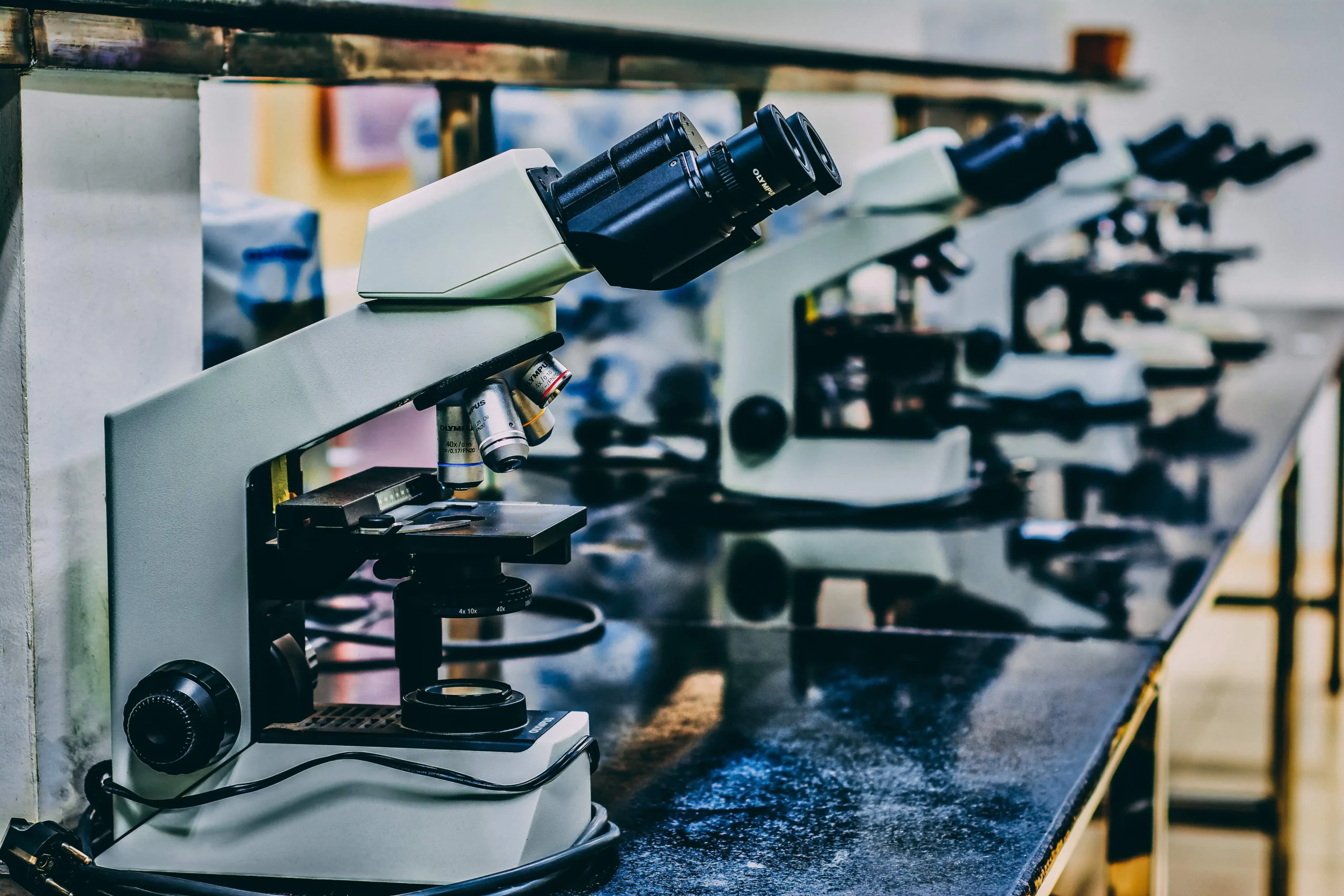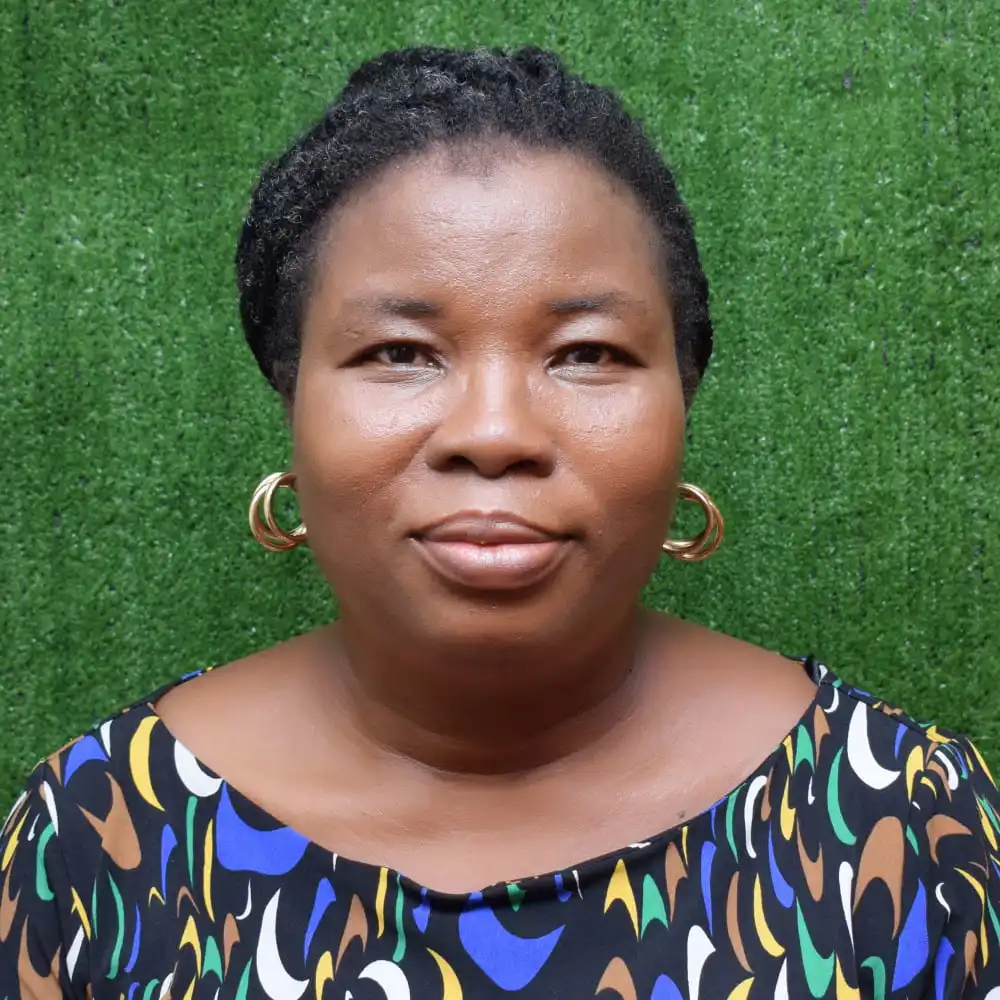Employing institution: University of Lagos (Nigeria)
Host institution: University of Leeds (UK)
Project title: Using whole-genome sequencing to unravel antibiotic resistance determinants associated with therapeutic failure against Staphylococcal infections in Nigeria.
Dr Olalekan has a PhD in Medical Microbiology and is currently a Lecturer and researcher at the Department of Medical Laboratory Science, University of Lagos, Nigeria. Her research interests include using bioinformatic tools to study the entire genomes of ‘ESKAPE’ bacteria (Enterococcus faecium, Staphylococcus aureus, Klebsiella pneumoniae, Acinetobacter baumannii, Pseudomonas aeruginosa, and Enterobacter species) including their antimicrobial resistance genes and their evolution. She is also interested in the ‘One Health’ approach to mitigating antimicrobial resistance.
AREF Fellowship Research Project:
The global threat and burden of multi-drug resistant pathogens is limitless as these bacteria are resistant to almost all classes of antibiotics, making treatment options difficult. This threat is driven by the human host, animal, the environment, and human activities.
To date the presence of these pathogens has not been studied in a ‘One Health’ context in Nigeria, and information on their genetic relatedness, mechanism of transmission of antimicrobial resistance genes and frequency of silencing of antibiotic resistance by mutation (SARM) is not known.
Whole-genome sequencing analysis using bioinformatics tools will help us to understand the spread, source of infection, and reservoir of these pathogens transmission in Nigeria providing information for effective mitigation strategies.
Dr Olalekan’s placement is at the University of Leeds in the laboratory of Professor Alex O’Neill and collaborators’. She gained knowledge to identify antibiotic resistance toxin and virulence genes, determine Sequence Types, frequency of silencing of antibiotic resistance by mutation (SARM) and perform core genome phylogeny analysis of the strains with sequence data from other countries. On her return, her home institution will support liaison with the existing genomics laboratory and Nigeria Centre for Disease control. We have no doubt that the laboratory and team will serve her community in genomic research, which may lead to more interdisciplinary, robust research to meet the country’s needs for molecular diagnosis of infectious diseases in the event of an outbreak or emerging diseases.
AREF RDF fellowship has helped to acquire skills in library preparation of the genomic DNA and loading it on the MinION ONT flow cell for sequencing. As a result, I can independently extract the sequence data and run a Bioinformatics analysis to answer most of the objectives for my AMR studies research.
I was able to generate preliminary data to apply for and attract more grants from national and international funders. AREF Grant writing workshop has helped to gain confidence in writing grant applications.
AREF fellowship has allowed me to network and set up new collaborations, in addition, to understanding the qualities needed as a leader in academics and research.
Overall, the AREF Research Development Fellowship (RDF) has supported Dr. Olalekan’s transitioning into an independent researcher. In addition, she will be able to contribute to the global knowledge and action needed to curb antibiotic resistance infections and provide intervention strategies to the infection prevention and control policies in our country.



